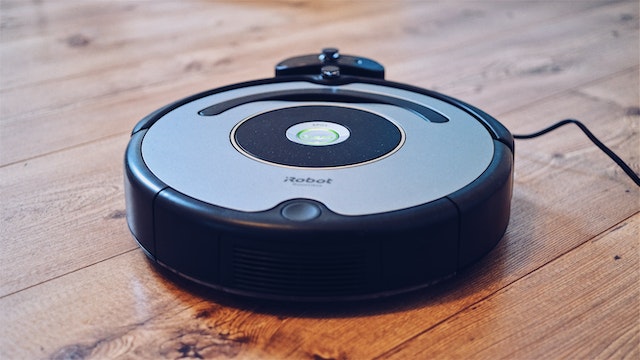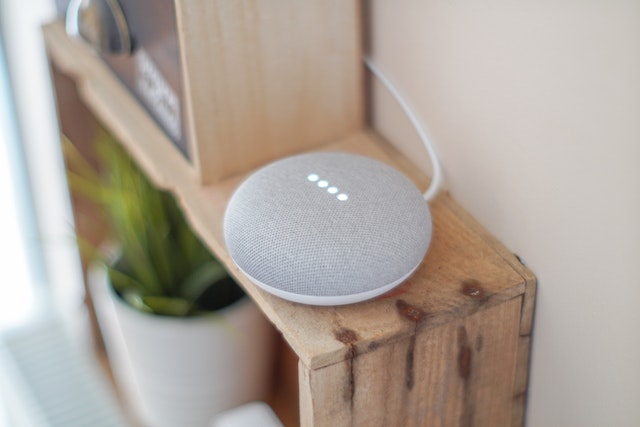Home automation systems, also known as smart home systems, are systems that allow you to control various aspects of your home, such as lighting, temperature, security, and entertainment, from a single device or app. These systems typically use wireless technology, such as Wi-Fi or Bluetooth, to connect and control devices throughout your home.
Some common types of devices that can be controlled by a home automation system include:
- Smart thermostats: allow you to control the temperature of your home remotely and set schedules for energy efficiency.
- Smart lighting: allow you to control the lights in your home remotely, set schedules, and create scenes.
- Smart door locks: allow you to lock and unlock your doors remotely and receive notifications when someone enters or exits your home.
- Smart security cameras: allow you to monitor your home remotely and receive alerts if motion is detected.
- Smart appliances: allow you to control and monitor appliances such as refrigerators, ovens, and washing machines remotely.
Home automation systems can also integrate with other smart devices and platforms, such as Amazon Alexa or Google Home, allowing you to control your home’s systems using voice commands. They also can integrate with other systems such as home entertainment, home theater, and home audio systems.
Overall, home automation systems can offer many benefits, including increased convenience, energy savings, security, and control over your home’s systems.
Why should I choose a smart home automation system for my home?
There are several reasons why you may choose to install a smart home automation system in your home, including:
Convenience:
Smart home automation systems allow you to control various aspects of your home, such as lighting, temperature, and security, from a single device or app. This can make it more convenient to manage and monitor your home.
Energy efficiency:
Smart thermostats, lighting, and appliances can help you save energy by automatically adjusting settings based on your preferences and usage patterns.
Increased security:
Smart home automation systems can include features such as door locks, security cameras, and motion sensors that can help increase the security of your home.
Remote access and control:
With a smart home automation system, you can access and control your home’s systems remotely, which can be especially useful when you’re away from home.
Customization:
With smart home automation systems, you can customize your home’s systems to your liking. You can set schedules, create scenarios and adjust settings to suit your needs and preferences.
Integration:
Smart home automation systems can integrate with other smart devices and platforms, such as Amazon Alexa or Google Home, allowing you to control your home’s systems using voice commands.
Scalability:
Smart home automation systems are modular, which means you can start with a basic system and add more devices and features as you go along.
Overall, smart home automation systems can offer many benefits, including increased convenience, energy savings, security, and control over your home’s systems.
What factors influence the cost of a home automation system?
The cost of installing a home automation system can vary widely depending on the scope and complexity of the project, as well as the specific products and technologies used. The cost can range from a few hundred dollars for a basic system to several thousand dollars for a more advanced and comprehensive system. Some factors that will affect the cost include:
Equipment and devices:
The cost of the specific devices and equipment used in the system, such as smart thermostats, door locks, and security cameras, will vary depending on the brand and features.
Labor costs:
The cost of labor will depend on the complexity of the installation and the experience level of the contractor or technician.

Platform or service:
Some home automation systems require a subscription to a specific platform or service, which can add an ongoing cost to the system.
Additional features:
Additional features such as voice control, remote access, and integration with other smart devices will also affect the cost.
It’s difficult to give an exact cost without more information about the specific automation system, but some basic smart home installations cost around $500 to $2000 and the more advanced ones can go up to $5000 and more. It’s important to get a detailed estimate from a contractor or home automation specialist to get a more accurate idea of the cost for your specific project.
How did we choose the best automation system?
There are several factors to consider when choosing the best home automation system for your home:
Compatibility:
Make sure the system is compatible with the devices and systems you already have in your home. For example, if you have existing smart devices, it’s important to choose a system that can integrate with them.
Features:
Consider which features are important to you. For example, if you want to be able to control your lighting and thermostat from your smartphone, look for a system that offers those capabilities.
Scalability:
Consider whether the system can be expanded and customized as your needs change.
Ease of use:
Look for a system that is user-friendly and easy to set up and operate.
Support and customer service:
Research the company’s customer service and support options in case you have any issues with the system.
Cost:
Look for a system that fits your budget, but also consider the long-term costs, such as subscription fees for services or additional devices.
Trustworthiness:
Research the company and the product, look for reviews and testimonials and make sure the company is reputable and trustworthy.
Integration:
Consider whether the system can integrate with other smart devices and platforms, such as Amazon Alexa or Google Home, allowing you to control your home’s systems using voice commands.
It’s also a good idea to consult a professional home automation specialist to help you choose the best system for your home, taking into account your specific needs and requirements.
